Asian Marketplaces / Threats to Local E-commerce
More and more consumers from around the world are turning to Asian shopping platforms, such as AliExpress, Temu and Shein, in search of attractive prices and a wide selection of products. This global trend has impacted most markets from North America to Europe, where the growing interest in shopping at Chinese stores poses numerous challenges for domestic e-commerce businesses, where the ability to undercut prices is just one challenge.
What Drives the Success of China’s Shopping Platforms
What stands out the most on such platforms is the attractive price of the offered items, often much lower than at local competitors, and the huge assortment that can be found in one place. Among clothing, footwear, electronics, toys, cosmetics, home furnishings, home appliances, art, sports accessories, pet products or tools, one can also find unusual, uncommon gadgets with surprising uses. This, combined with very aggressive advertising and discount policies, gives the consumer the impression of hitting a “shopping paradise.”
“The scale of resources that our dishonest competitors invest in online advertising is beyond the reach of most businesses in our country and beyond. And in addition, their marketing activities are often not in compliance with our regulations, do not take into account the lack of customer consent to marketing activities and advertise on other people’s trademarks.
At Tatuum, we conduct a number of optimization and foreign expansion activities, thanks to which our business is growing all the time. However, our growth would certainly have more momentum if not for acts of unfair competition from Asian platforms. We comply with the laws in force in our country, which makes us incur a number of costs that are bypassed by the aforementioned platforms. This provides completely different opportunities and possibilities in terms of, for example, advertising budgets.” – says Dagmara Ollesz-Miącz, E-Commerce Director, Tatuum.
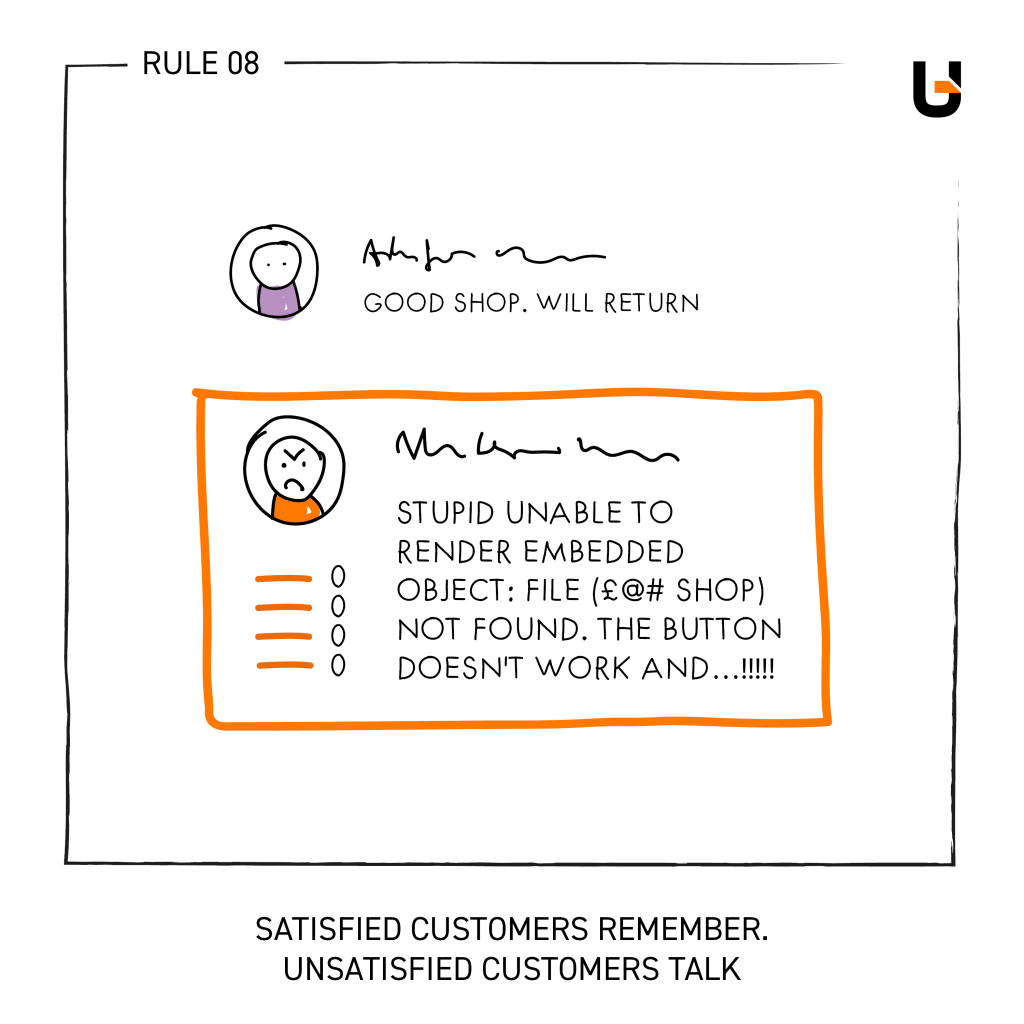
Asian Marketplace and the Law (Or Lawlessness)
Advertising issues are just the tip of the iceberg. The expansion of homegrown platforms is supported by the Chinese government, which offers tax breaks or subsidies to build warehouse and logistics infrastructure for companies that export their goods and offer online delivery.
Chinese platforms also do not comply with European laws, such as those concerning the Omnibus Directive, which obliges companies to have a transparent discount policy and inform customers about the price of a product from the last 30 days. What’s more, they are also not affected by the new carbon footprint reduction obligations to which EU-native companies are subject to, increasing the latter’s operating costs.
“However, the disruption of supply chains caused by the Covid-19 pandemic and spiraling energy prices following Russia’s gas armament have put the European common market to the test of aggressive competition in the form of mainly Chinese-origin global e-commerce giants operating a direct-to-customer model of exporting goods made in one place directly to consumers around the world. The model has emerged in the European market unnoticed by regulators and administrations, enjoying the following benefits: favorable tax policies, including tax-free export incentives and exemptions from taxes and duties, which, according to reports, account for up to 25% of the margin value compared to European competitors.” – comments Patrycja Sass – Staniszewska, President of the Chamber of Digital Economy.
Threats to European E-commerce
For owners of e-commerce platforms and marketplaces alike, the threat to European markets posed by Asian competitors comes in many forms. Alongside competitive pricing, we also have to consider imitation products, extensive assortments and the ability to react very quicky to trends.
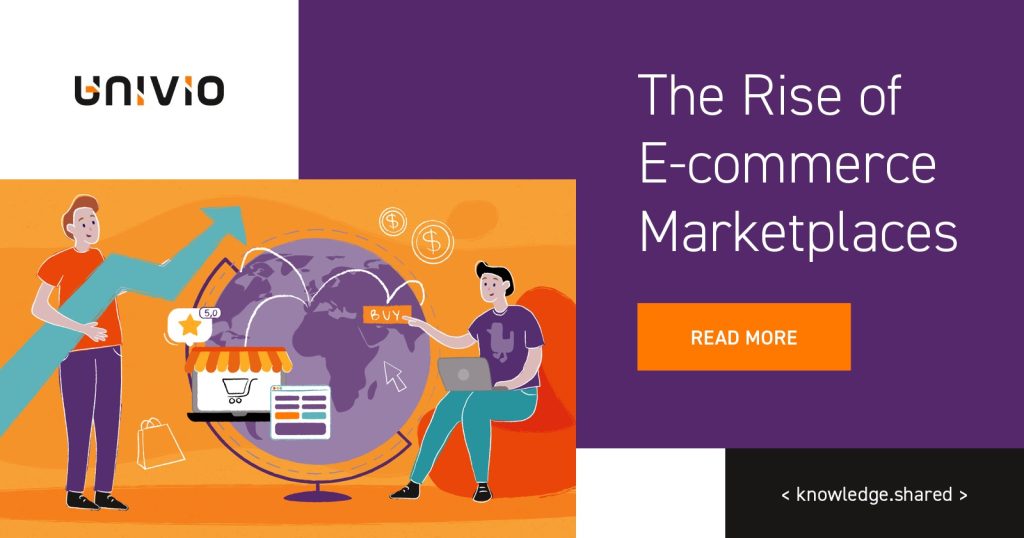
Price Competition
Chinese products are mainly characterized by a lower price, which attracts many customers looking for savings. The price is influenced by several factors, such as:
- lower production costs
- massive stock orders
- subsidies from the Chinese government for exporters
- high availability of raw materials
- low quality of materials
- lack of product safety regulations
“Goods offered by Chinese platforms can be significantly cheaper, as they bypass the laws in force in our country and do not incur many costs and public burdens. Chinese platforms present their business model to consumers in an inconsistent and misleading manner. They are not true marketplaces. In various ways, they are trying to formally act like an online trading platform, but in many ways they are operating inconsistently with European Union laws. They use a reverse production model, while acquiring and analyzing customer data also usually in violation of our laws, which consumers are not even aware of. There are also more and more reports about the presence of harmful substances in the products they offer.” – adds Dagmara Ollesz-Miącz, E-Commerce Director, Tatuum.
Product Copying
Chinese stores are heavily inspired by popular products, whether in terms of clothing or electronics. Some designs, such as those of the popular Intidex-owned chain Zara, are copied almost 1:1. The difference is a significantly lower price, and the issue of debatable quality, although more and more people are pointing out that duplicates are difficult to distinguish. Zara is not the only brand that provides inspiration for Shein. Copyright and trademark infringement lawsuits have also been filed by companies such as Levi Strauss, Dr. Martens, H&M, AirWair International and Ralph Lauren, among others.
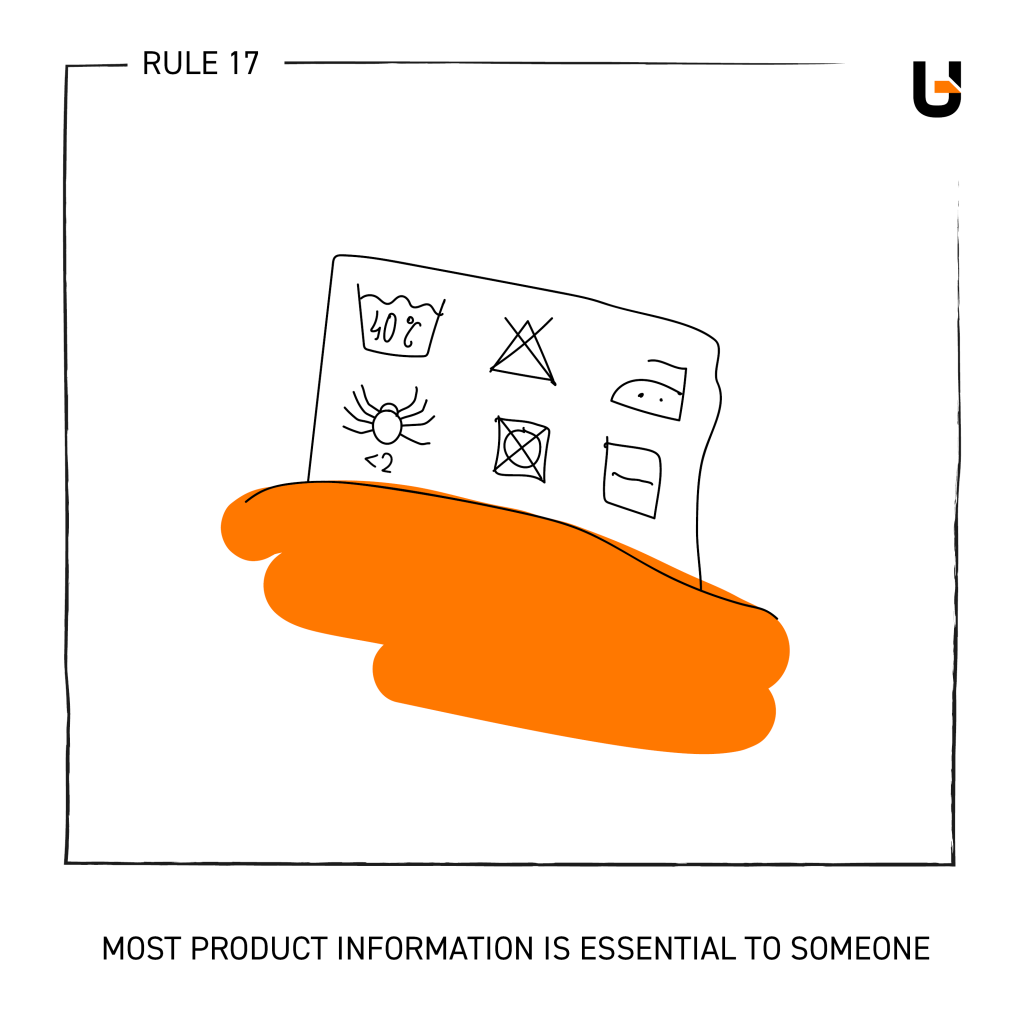
Counterfeit electronics are also easy to come across on Asian marketplaces. Vigilance should be aroused, for example, by the absurd price/performance ratio, such as 500 GB memory cards that cost €7 (around 30 zlotys or $7.5). Although they are configured in such a way that the correct capacity is detected when connected to the computer, when you try to fill the card it turns out that the actual parameters are completely different.
“Consumers of Polish and European platforms first and foremost should react to practices of unfair competition: boycott and avoid wide bypass those platforms that engage in such practices. I am convinced that this will happen in the case of non-respect of the Omnibus Directive, which has been very well received and widely accepted by Polish consumers – as many as 70% of Poles verify that the price in a promotion actually is the lowest of the last 30 days. In the case of Chinese platforms, it is also often talk about quality and delivery problems. Customers don’t want to be cheated or manipulated, and the Internet makes it possible to quickly verify the price and share opinion as to questionable and unacceptable quality.” – comments Sebastian Błaszkiewicz, Head of Sales Excellence, Unity Group.
Quick Response to Trends
One of the success factors for Asian platforms is the inversion of the supply chain. Traditionally in retail, trends are predicted in advance for a particular season, and then products are manufactured based on that. Some of them turn out to be fashionable and are hugely popular with customers, while others end up in the post-season sale, not hitting the tastes of the public.
Chinese fashion giant Shein works differently, using artificial intelligence to identify trends. It first produces small test quantities of products, and then, based on the advanced analysis of customers’ shopping behavior, produces larger numbers of the most in-demand goods (even millions of units). With direct access to subcontracted Chinese factories, the supply chain is also shortened, and 2,000 to as many as 10,000 new items are added to the site daily.
As a result, production is based on real demand and responds perfectly to customer needs. The very fast time-to-market for targeting trends is affected by a lack of attention to quality, overexploitation of workers and dire employment conditions in Chinese factories. That’s also not mentioning the fact that companies, especially in the likes of fashion, invest heavily in both market research and design, which Asian marketplaces subsequently take advantage of.
Wide Range of Products
Thanks to the fact that product prototypes are produced in small batches and can be fine-tuned on the fly, there is no problem in offering a range in many different variants and sizes.
European manufacturers, on the other hand, are subject to many rules and regulations that drive up production costs. These include higher employee salaries, raw material costs, transportation costs (both raw materials to factories and finished products to customers – no export subsidies), as well as environmental and occupational safety regulations and product quality.
Increase in Pro-Consumer Behavior
Asian stores, which even recently were widely criticized for poor customer service, are beginning to meet the demands of European consumers. The increase in pro-consumer behavior on Chinese platforms can be seen through various factors that facilitate and encourage online shopping.
- Shein, Temu and Aliexpress all provide a system of comments and ratings on sellers and products, with the ability to add real photos.
- In addition, Chinese stores are increasingly offering consumer protection programs (refunds or exchanges if there are problems with an order) and warranties, such as for smartphones and tablets.
- Return policies are also more friendly. However, while Shein and Temu offer free returns, the cost is still borne by the buyer when purchasing through Aliexpress, which, given the price of shipping and the product, is not always cost-effective.

Delivery
Until recently, a key blocker for customers when ordering products from China was the long delivery time. Today, however, thanks to the development of warehouses in the European Union, a shipment from Shein or Temu, for example, can be delivered in as little as 2-3 days, using popular options such as courier or parcel machine. What’s more, if the declared delivery date is not met, the customer can expect compensation in the form of a discount or partial refund. This, when considered alongside free, hassle-free returns in parcel machines and deferred payments, means that logistics are no longer a problem when ordering goods on Chinese platforms.
“Universal Postal Union (UPU) regulations supporting the shipment of parcels from developing countries to developed countries in force despite the 2019 rule reform. Currently, Chinese retailers ship more than 10,000 tons per day, equivalent to about 108 Boeing 777 freighters. Lack of EU tariffs on individual parcels with a declared value of less than €150, resulting in limited full compliance checks at the border, and affecting underpricing or splitting orders for different parcels to stay below the threshold. According to the EC, the number of such parcels exceeded €2 billion last year. Lack of effective enforcement and market surveillance, especially in terms of compliance with chemical and product safety regulations. Creating development opportunities for Polish entrepreneurs requires identifying these challenges and presenting effective measures to level the playing field in the Polish and European common market.” – comments Patrycja Sass – Staniszewska, President of the Chamber of Digital Economy.
Threats for Customers
Although Chinese products tempt with their prices and endless choice of options, informed consumers are paying attention to some problematic issues, such as insufficient after-sales support, problems with quality and even product safety, or controversy over the environmental impact of mass production.
Lack of After-Sales Support
In the case of product damage, missing parts or incorrect delivery, the process of resolving a complaint can take a long time. Sometimes you have to wait a long time for a service response, and it is very difficult to determine the next steps to get a replacement, refund or repair of the goods. Customers often feel like they are talking to an automaton, and the lack of effective communication can delay or prevent resolution.
If a customer receives a defective product that does not meet his or her expectations, they may encounter difficulties in obtaining a refund or replacement. In addition, the costs associated with shipping the product back to the seller often exceed the value of the item.
Although some items, especially electronics, may come with a short-term warranty, in practice customers face difficulties in obtaining after-sales support.
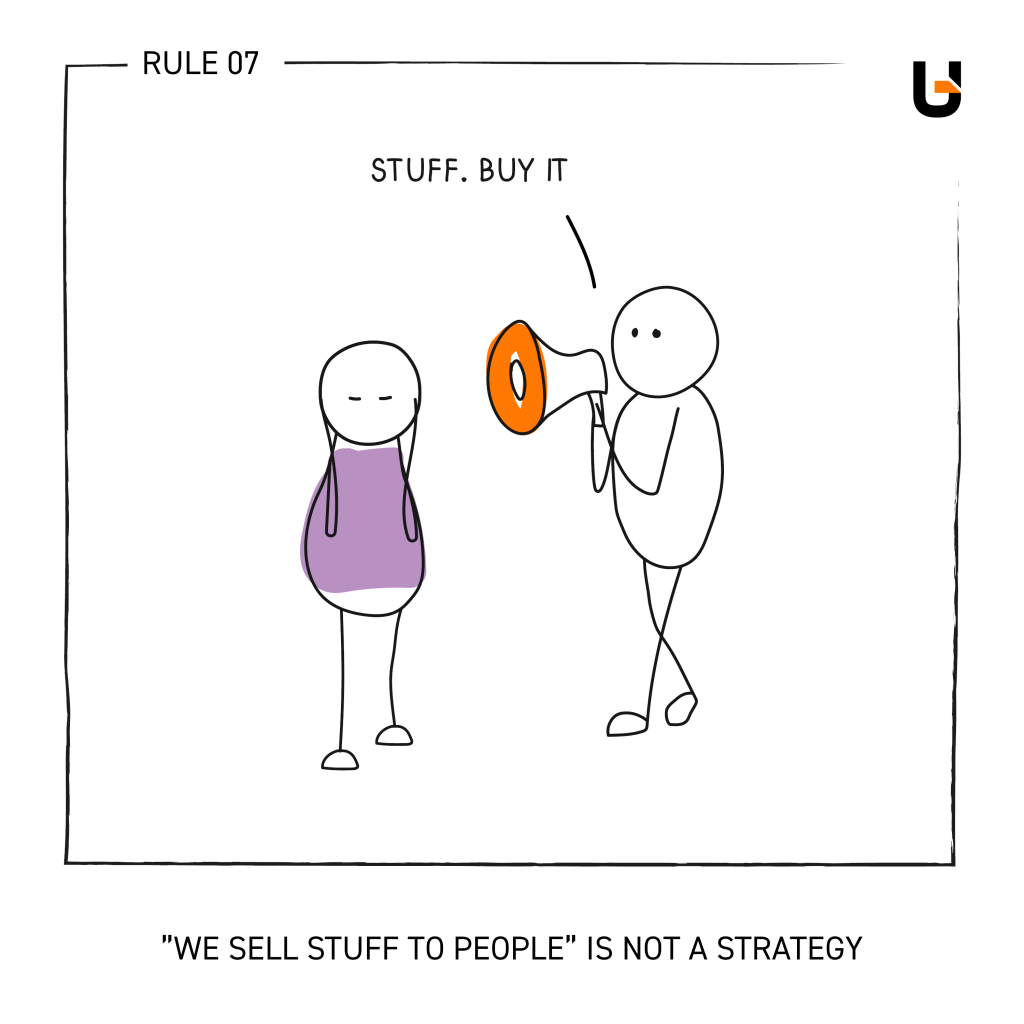
Product Quality
Products offered on Asian platforms are usually made of cheap, low-quality materials. This leads to rapid product wear, damage or insufficient durability, which is particularly problematic for clothing, shoes or accessories, as well as electronics. The products that customers receive often differ in color and size from those pictured.
It is worth bearing in mind that the issue of quality in China is viewed differently than in European countries. Manufacturers typically use three levels of quality, of which only one – CE – is in accordance with EU standards. Of course, the price depends on what level of quality the manufacturer provides.
“The quality of goods often leaves much to be desired and does not reflect the actual state of affairs. It is also worth noting, for example, the unreasonable inability of consumers who purchase from Temu or Shein to return certain goods. For the apparel industry, this is of great importance. The ability of the “Chinese players” to reduce the costs associated with returns (no duty charged on goods put on further circulation in the territory of the European Union member states, which were returned by consumers) does not give us a level playing field.“ – comments Dagmara Ollesz-Miącz, E-Commerce Director, Tatuum.
Authenticity of Assortment
There is also a high risk that some products offered on Chinese platforms may be fakes or replicas of products from well-known brands. Sometimes customers unknowingly buy a product that has been illegally copied, which can lead to legal problems, such as if the purchased goods are detected by Customs.
“As of July 1, 2021, the rules for purchases made in countries outside the European Union have changed. Goods purchased in this way have been subject to a mandatory value added tax (VAT) of 23%. The amount of tax is usually included in the amount of the product, indicated on a specific auction, but be sure to check the terms and conditions of the service on this subject each time. In addition, shipments from outside the EU countries, regardless of the value, are subject to notification by the Polish Post to the AIS/e-commerce system. As a result, there may be an obligation on the part of the buyer to pay customs duties, the amount of which will ultimately depend on the type of goods – for example, knitted garments and clothing accessories are subject to a customs duty rate of 12%.” – comments Patryk Widawski, Attorney at Law, Unity Group.
“It should also be kept in mind that products of specific brands that we purchase from Far Eastern sites may turn out to be counterfeit products. In the case of a customs inspection and identification by customs of products suspected of infringing intellectual property rights, the goods will be detained and the purchaser summoned to explain the circumstances of their purchase. In turn, the further fate of the goods will depend on the decision of the holder of the intellectual property rights that the product infringes.” – adds Patryk Widawski, Attorney at Law, Unity Group.
Environmental Impact Issues / Controversy Over Fast Fashion
Fast fashion refers to the business model of rapidly producing and releasing cheap but usually low-quality clothes, which are instantly replaced by new, trend-compliant ones.
Shein is often criticized for its huge consumption of raw materials, water pollution, excessive greenhouse gas emissions and generation of textile waste. Although the fast fashion model applies to fashion companies, the problem of fast production also affects other Chinese manufacturers.
According to reports such as the Fashion Transparency Index 2023, working conditions in factories where Shein outsources production threaten the health and safety of workers. They are exposed to air pollution, the water used in factories is often contaminated, and workplaces do not meet safety standards. Workers often work 15 hours a day, seven days a week, and are entitled to one day off a month, with salaries that are often not enough to cover life’s basic needs.
Of great concern, not only for the environmental impact, but also for the safety of customers, is also the fact that harmful substances such as phthalates, azo dyes, PFAS, formaldehyde and other harmful chemicals are notoriously detected in clothes sold on the Shein platform.
Sustainability in this context requires a change in consumer thinking and the promotion of more conscious and ethical shopping practices, such as using clothes for a long time, buying quality clothing and supporting brands that promote sustainable, locally embedded production.
How Can E-commerce Compete?
European e-commerce companies can compete with Asian companies by leveraging their unique advantages and strategies.
- First and foremost, they should focus on offering high-quality products that are well-made, durable and meet customer expectations in terms of quality.
- Investing in local manufacturing can help European companies offer faster delivery times, reduce transportation-related greenhouse gas emissions and promote sustainability. Fast shipping can be a key competitive factor. Asian platforms, despite the increasingly available QuickShip option, still offer shipping times of up to two weeks as a standard formula. The downside for customers is also that it is difficult to predict which package will be delivered faster and which will have to wait, forcing them to plan their purchases well in advance.
- Customer service is also a factor that can help compete. Trained staff, well versed in the assortment and brand values, will support customers at every stage of the customer journey, increasing trust and loyalty.
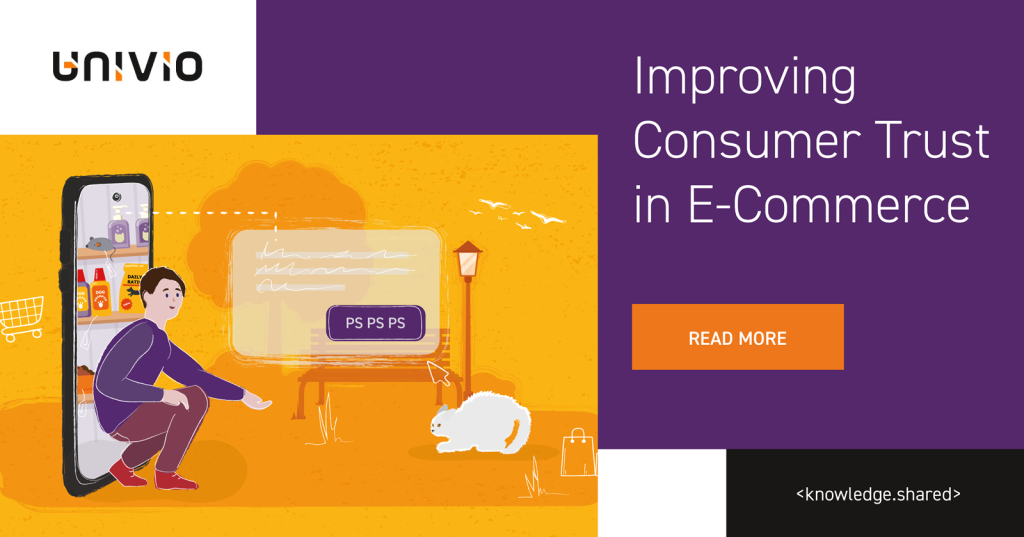
System Support of Local E-commerce
However, in efforts to build competitiveness against the aggressive strategy of Chinese platforms, systemic support is also necessary.
Across the EU as a whole, platforms like Shein are facing direct scrutiny under various rules, ranging from the Digital Services Act and more. It is hoped that by tackling their advertising practices, the unfair practices of these platforms can be curtailed.
However, for some countries this is not enough. Some, like France, are considering increased tariffs, to counteract the cheap production costs, while the UK is looking at company ownership laws to ensure such companies are properly represented (and hopefully, thus, accountable).
In Poland – our home market- we are already witnessing such strong calls for legislative action.
“The organization I represent is campaigning for an equal legal and competitive framework for Asian and European e-commerce entrepreneurs, with a special focus on e-entrepreneurs operating in Poland. I would also add that it is no secret that the Chinese government supports e-entrepreneurs with a presence in foreign markets. This is part of a broader strategy. After the pandemic, the Chinese authorities recognized, increasing exports as one of the ways to quickly alleviate the difficult economic situation the e-commerce model was considered the best. Entrepreneurs who want to export can count on subsidies, as well as concessions if they operate in special economic zones. They even get support for setting up overseas warehouses. Simply put, Chinese platforms can offer such attractive prices including free deliveries because in addition to the aforementioned direct-to-customer sales model at which they enjoy many tax, customs or compliance-reduction benefits – they benefit from public support.” – says Patrycja Sass-Staniszewska, President of the Chamber of Digital Economy.
“Certainly, the problem of unfair competition from Asian manufacturers should be publicized and consumers made aware. However, it is definitely a topic that should be addressed by the Ministry of Digital Affairs in order to regulate the law on the sales activities of Chinese platforms in a way that excludes or limits the phenomenon of violations of fair competition, personal data protection and consumer rights. Intervention at the level of European Union bodies is also necessary, of course. Without changes in the law, the problem will not disappear.” – adds Dagmara Ollesz-Miącz, E-Commerce Director, Tatuum.
Asian Marketplace / Final Conclusions
In conclusion, Asian shopping platforms such as AliExpress and Shein are becoming increasingly popular among European customers, creating challenges for local e-commerce. Their success is based on attractive prices, a huge variety of products and quick access to the latest trends. However, it is impossible to ignore the threats that are coming not only in the direction of European e-commerce, but also of customers.
Offering high-quality products, investing in local production and focusing on customer service are just some of the measures that can help in the fierce competition with Chinese competitors. Action is also needed at the legislative level to regulate Asian shopping platforms and ensure fair competition in the e-commerce market.







